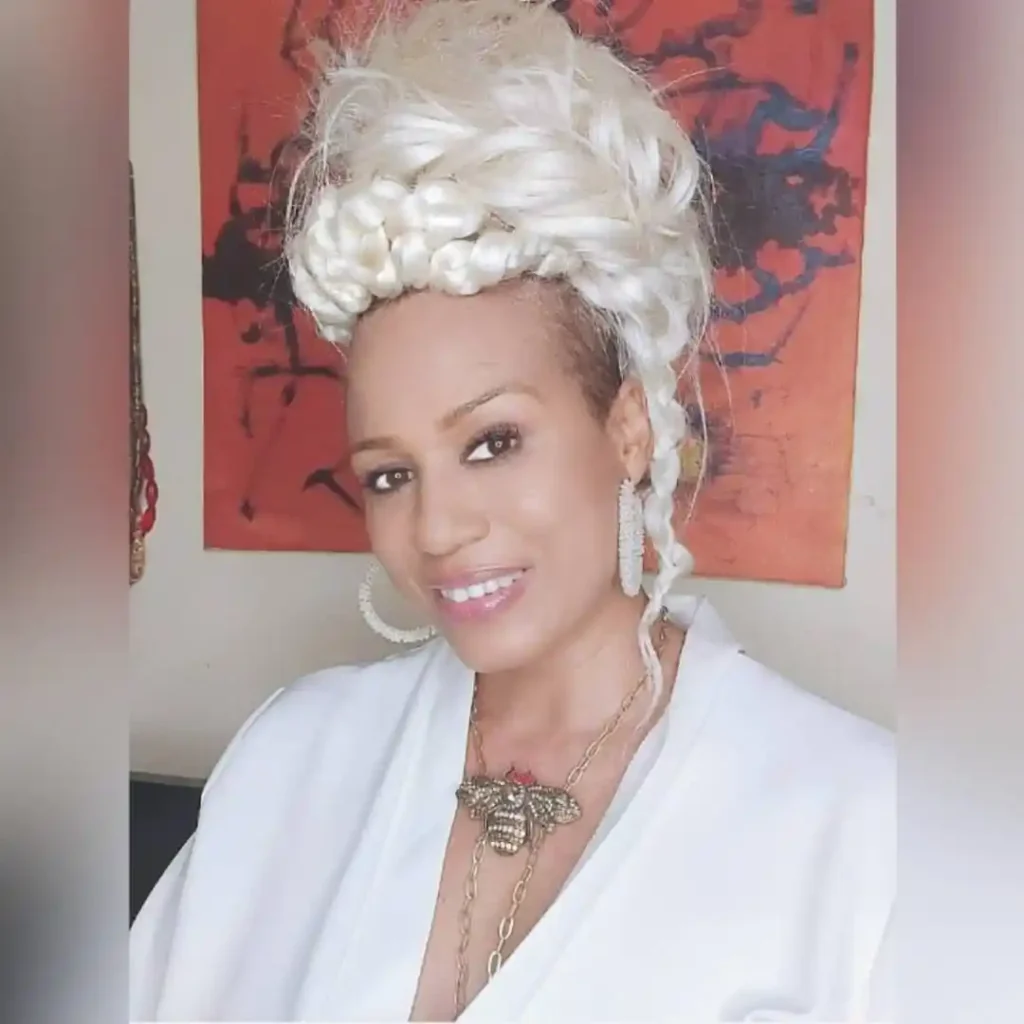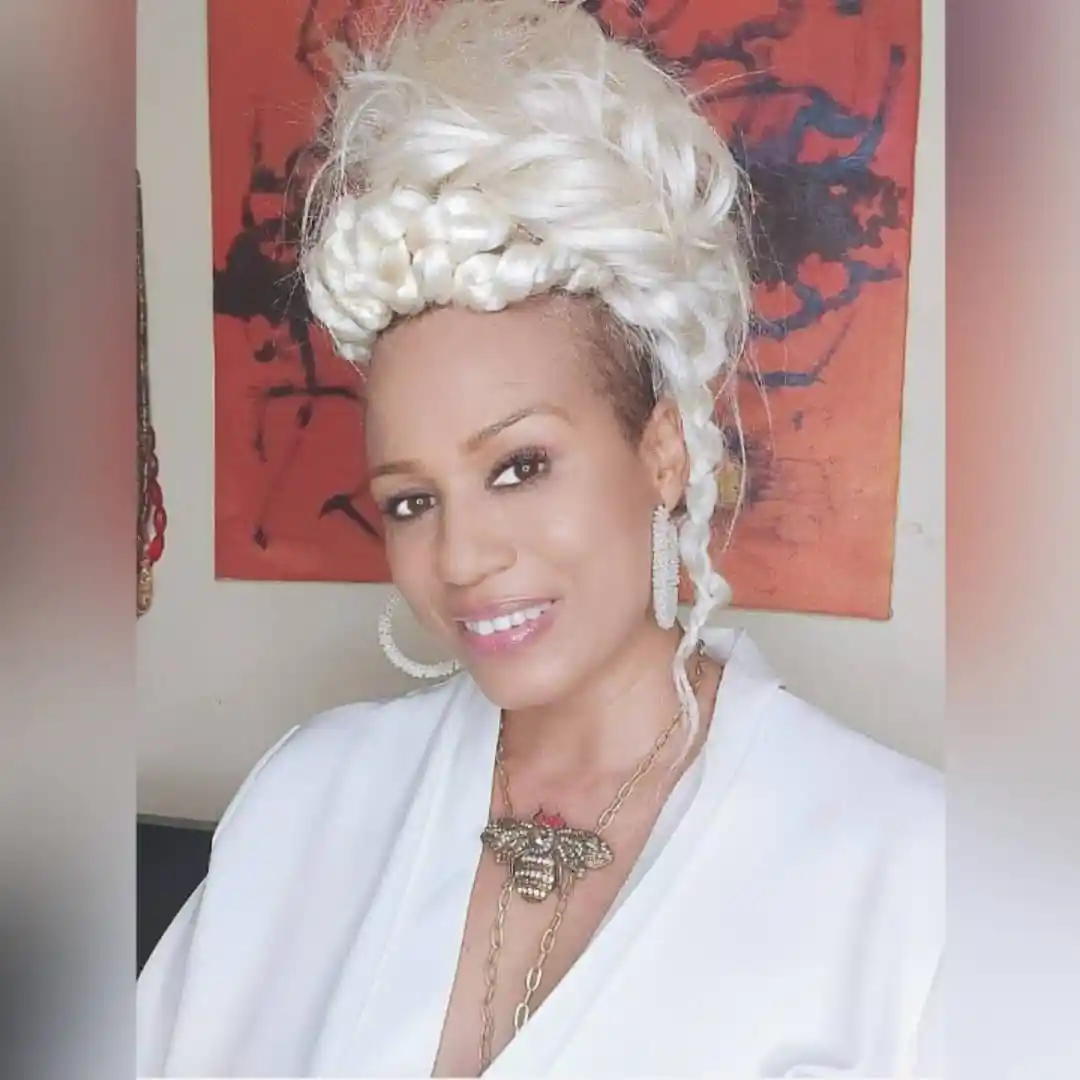Ghanaian fashion designer, cultural advocate, and Fashion Domain Leader of the Ghana Culture Forum, Beatrice ‘Bee’ Arthur, has called for a sweeping reform of the country’s tourism sector. Speaking during the launch of the Black Star Experience, Arthur warned that the ambitious initiative risks falling short of its goals if long-standing infrastructural and institutional deficiencies are not urgently addressed.

While applauding the project’s vision, Arthur stressed that sustained tourism growth is impossible without resolving systemic issues. “We cannot invite the world to Ghana while basic necessities and cultural infrastructure remain neglected,” she stated.
She highlighted several persistent challenges hindering tourism, including inadequate transportation infrastructure, environmental degradation, and urban sanitation concerns. “Poor road networks limit access to cultural sites, and issues like open defecation on beaches, plastic waste, choked gutters, and noise pollution all undermine Ghana’s appeal to both local and international visitors,” Arthur explained.
She also pointed out the strain unreliable utilities place on tourism-related businesses. “Frequent power cuts and water shortages force hotels and enterprises to rely on expensive generators, increasing operating costs and making Ghana a less competitive destination.”
Arthur further underscored the absence of strong cultural institutions. Despite Ghana’s rising reputation in the creative arts, the country still lacks a National Art Gallery—vital for preserving and showcasing artistic heritage. She criticized the disorganized and underfunded state of the National Centre for Culture (the Arts Centre), saying it falls short of functioning as a vibrant cultural hub.
Reflecting on the Chale Wote Street Art Festival, once a beacon of underground, socially conscious art, Arthur lamented its shift toward a more entertainment-focused event. “What began as a critical platform for artistic engagement has become more of a neighborhood carnival,” she remarked.
Arthur called for a multidimensional and practical approach to cultural development. “To unlock the full potential of the Black Star Experience, we need visionary programming backed by real investments in infrastructure, institutional capacity, and a return to authentic artistic expression,” she urged.
President Mahama, in a March address to Parliament, described the Black Star Experience as a uniquely Ghanaian tourism brand incorporating Pan-African Month celebrations, street carnivals, film screenings, fashion festivals, food fairs, theatrical performances, and domestic tourism initiatives.
Yet Arthur’s remarks stand as both a cautionary note and a rallying cry—emphasizing that for Ghana’s tourism and creative sectors to thrive sustainably, ambition must be grounded in readiness and long-term structural commitment.


